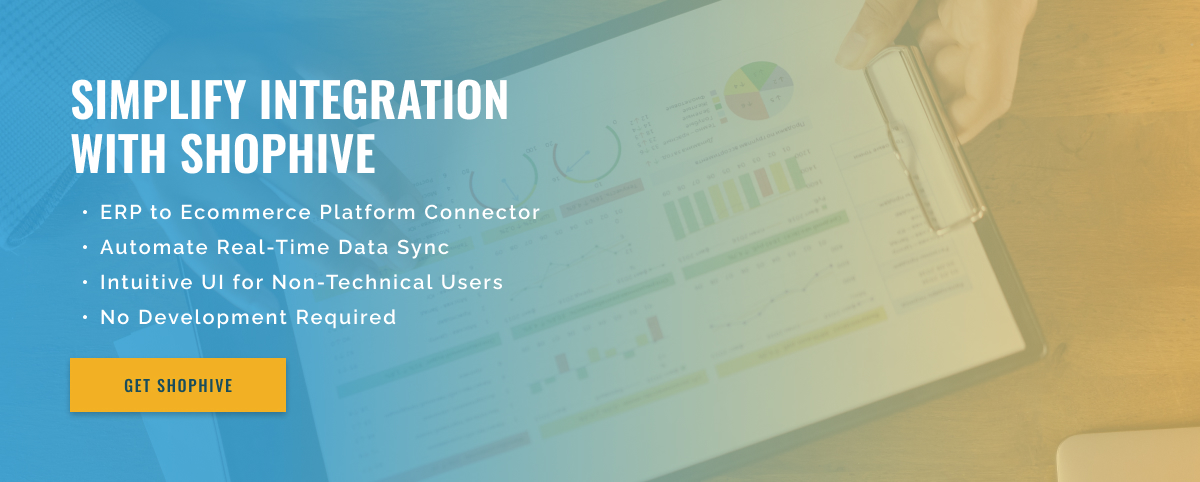3 minute read
Integrating BigCommerce and Epicor for Centralized Data Management
Companies are constantly looking for ways to streamline their operations, increase efficiency, and improve overall performance. B2B organizations in particular face a unique set of challenges when it comes to managing data and integrating their systems.
This is where the power of centralized data comes into play. By centralizing data, B2B companies can achieve a unified and streamlined approach to their operations, leading to increased productivity and profitability.
And when it comes to B2B operations, two platforms stand out as leaders in their fields: BigCommerce and Epicor. In essence, data centralization means gathering all information from various sources and systems into one centralized place. Not only does this ensure that all data is up-to-date, accurate, and consistent, but it also provides a cohesive view of the entire business. This is particularly important for B2B companies because they have a complex network of suppliers, distributors, and partners, and any errors or delays in data transmission can have a significant impact on their operations.
One of the key benefits of data centralization for B2B operations is the seamless integration it can provide between different platforms.
This is where BigCommerce and Epicor come in.
BigCommerce is a leading eCommerce platform designed to help businesses create and manage online stores, while Epicor is a powerful enterprise resource planning (ERP) solution that offers advanced features to manage all aspects of your business. By integrating these two platforms, B2B companies can achieve a unified approach by keeping all financial, inventory, and sales data in sync.
One of the main reasons why the BigCommerce and Epicor integration is so powerful is that it allows for real-time data transfer between the two systems. This means that any changes made in one system will automatically be reflected in the other, eliminating the need for manual data entry and reducing the risk of errors.
This real-time functionality also allows businesses to access up-to-date information, allowing them to make accurate and timely business decisions. In addition to real-time data transfer, the BigCommerce and Epicor integration also gives businesses a single view of sales and customer data.
This is crucial for B2B organizations because they often have multiple sales channels and having all their customer data in one place can help them better understand their customers and improve their sales strategies.

